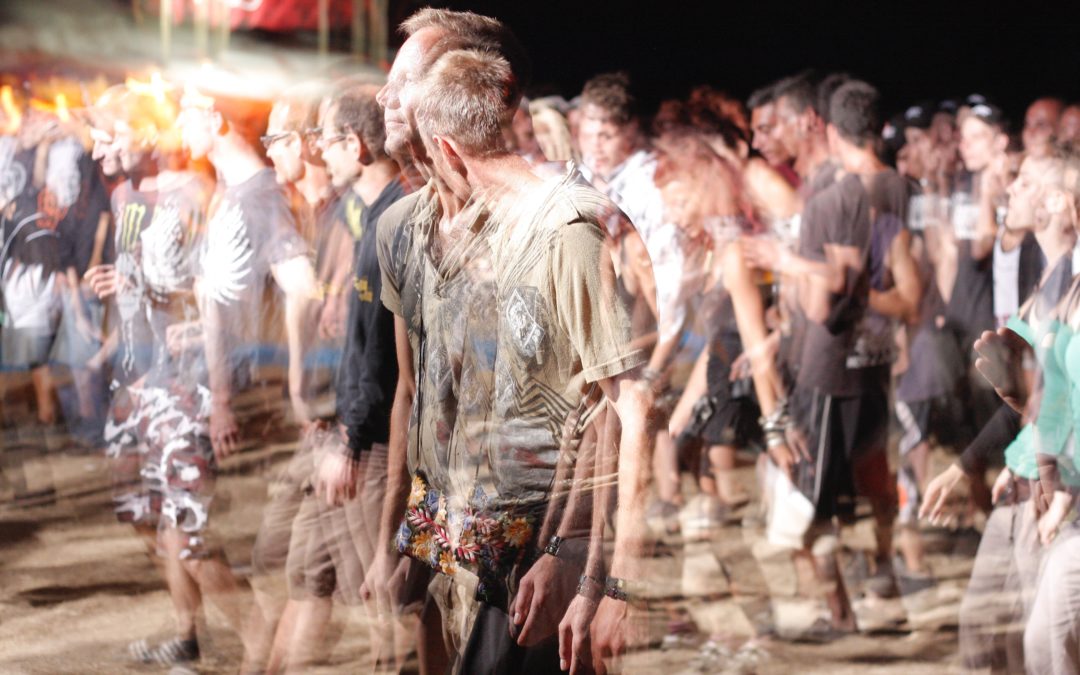Hallucinogens are drugs that can alter the perceptions of a user by acting on the neural circuits of the brain. This particular class of drug affects the prefrontal cortex, which is a region of the brain that regulates the mood, cognition, and perception of the person. They are also believed to affect the secretion of serotonin and affect the physiological responses to panic and stress. Not only that, they also regulate the brain’s arousal responses. With all these affected areas in the brain, it is crucial to know the short and long-term effects of cause someone to see images, hear sounds, and feel sensations that are not really there. These can last for 20 to 90 minutes, or even as long as 12 hours, while the shortest can last for 15 minutes. It all depends on the type of hallucinogen one takes and the amount. If the effects are unpleasant to the user, these are referred to as “bad trips”. Here are some of the short-term side effects that users might experience:
- Nausea and vomiting
- Increased heart rate
- Changes in sense of time
- Intensified sensory experiences like seeing brighter colors and more vivid details of an object
- Increased body temperature
- Increased breathing rate
- Dryness of mouth
- Loss of appetite
- Sleeping problems or insomnia
- Feelings of relaxation
- Spiritual experiences
- Panic
- Excessive sweating
- Uncoordinated movements
- Enhanced sexual feelings
- Psychosis
- Paranoia
- Other bizarre behaviors
Now, not all experiences or “trips” turn out good for the user. In fact, a person can experience a whole lot of psychosis, anxiety, fear, amnesia, and even violent outbursts. A study in 2011 showed that over 100,000 people sought out medical emergency treatment for these negative side effects. That is why hallucinogens are considered to be dangerous and unpredictable considering the bizarre behaviors that the users exhibit. Hallucinogens mixed with other drugs can be even more risky. It could also lead to overdosing, seizures, coma and worse, untimely death.
Long Term Effects of Hallucinogens
One of the most typical long term side effects of hallucinogens are flashbacks. When we say flashbacks, it refers to the reemergence of the drug’s intoxicating experience which usually pops up at random times. According to studies, about 5 to 50% of people who had used these drugs have suffered from at least one flashback.
The worst part of having flashbacks is when they become persistent and disrupt a person’s everyday routine. This can eventually develop into a disorder known as Hallucinogenic Persisting Perception Disorder or HPPD. The user will experience visual disturbances like trails of lights or halos which can occur without warning and at continuous rate. Another disorder that could develop among hallucinogen addicts is what we call the Persistent Psychosis. This is the result of long-term abuse of hallucinogens and individuals suffering from this condition may experience:
- Disorganized thoughts
- Visual disturbances
- Mood swings
- Paranoia
Some of these side effects may be similar to symptoms of Schizophrenia and if not corrected right away, users can suffer memory loss, weight loss, speech difficulties, depression, and troubled thinking. Other long term side effects of hallucinogens can result to withdrawal symptoms that include:
- Sleep issues
- Nausea
- Agitation
- Anxiety
- Headaches
- Vomiting
- Dizziness
- Intense cravings for hallucinogens
When a person is no longer in control of their drug use, they will suffer physical, emotional, psychological, and social consequences. When this happens, the need for immediate medical care is a must.
Mixing Hallucinogens with Other Drugs
Hallucinogens when mixed with other drugs can cause a lot of trouble to the user. These effects usually depend on the type of drug mixed with the hallucinogen. Combining them with stimulants like cocaine or amphetamines can cause major heart problems that could lead to an increase in blood pressure, heart rate, and even sudden cardiac arrest.
Mixing this drug with molly or alcohol can cause one to feel carefree while combined with LSD and alcohol can enhance the effects of the hallucinations. Hallucinogens mixed with MDMA can cause changes in the temperature, and if too much is taken, can lead to damaged organs and eventually overdose. There are also drugs that when mixed with hallucinogen can also cause hallucinatory effects. Marijuana may increase the chances of experiencing bad trips.
This is why hallucinogens are considered dangerous. Mixing it with the wrong drugs will not only cause serious health problems, but can also result in death if the user is not careful.
Are Hallucinogens Addictive?
Some evidence suggests that there are hallucinogens that can be very addictive and when used over time, and the individual can develop tolerance.
One of the most common, non-addictive hallucinogens is LSD. However, it does create tolerance to the user if taken repeatedly over time. The misuse and addiction to DMT is currently unknown but it does not appear to develop any tolerance. PCP can be addictive and when the user decides to stop using, this could lead to excessive sweating, severe headaches and drug cravings.
Treatment Options for Hallucinogens
Treating hallucinogen addiction is usually done with behavioral therapy methods. There are no FDA-approved medications at the moment to treat this condition. This is why drug users are treated through various therapy techniques. There’s a lot of research and studying to find out if these therapies are effective for those who are addicted to hallucinogens.
Bottom line is, taking hallucinogens is downright dangerous, especially if you don’t know what side effects will occur. It could lead to your untimely death if you are not careful, and can destroy your mental health if abused over time. The best thing to do is to avoid experimenting with drugs like this. If you value your health and life, saying no to drugs is the only policy you should follow.

